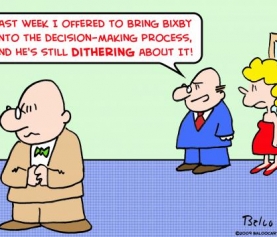There is a tremendous amount of potential for both early stage companies and established ventures looking to raise capital after the JOBS Act Regulation A+ goes into effect on May 16th, 2016. Below is a compilation of different articles and links to experts in this revolutionary new opportunity.
Final SEC Equity Crowdfunding Rules
Reg A+ Bombshell: $50M Equity Crowdfunding Under Regulation A
How a Mini-IPO under Regulation A Works
So You Think You Can Invest: The Reality of Equity Crowdfunding Under a New Rule
Crowdinvesting as an Alternative for SME- and P2B- Lending
How Crowd Investing Opens a New Frontier in Raising Capital (from “Flashfunders.com)
Raise money directly from customers to create evangelists and diversify your sources of capital. New regulations allow private companies to raise money from 230 million American adults, giving the public the opportunity to invest in high growth potential investments. Startups now have access to the most diverse pools of capital ever available – but what are the risks?
What is Crowd Investing?
In 2012, Congress passed the Jumpstart Our Business Startup (JOBS) Act, which changed the startup investing game. First, it allowed greater access to investors by allowing companies to publicly market their private rounds. Then it changed who could invest. The new law allowed startups to solicit investments from investors publicly for the first time. But they were still restricted to raising money from “accredited investors,” or people who make over $200,000 annually ($300,000 for married couples) or have a net worth over $1 million. In 2015 the Securities and Exchange Commission finalized rules that allow anyone to invest in startups. Title III of the JOBS Act opened a new frontier in investing, just in time.
The JOBS Act unleashed a tidal wave of private capital into startups, and investments grew. In 2015, venture capitalists deployed $58.8 billion in the private market, the second biggest year in two decades, and the biggest year in venture capital since the dot-com bubble burst in 2000. That sounds like great news for startups, who have more capital than ever at their disposal. But raising capital from the crowd offers distinct advantages that startups should consider. Venture capital, which has held steady in the first quarter of 2016, could dry up in the near future. Fears about an economic slowdown in China and Europe, along with interest rates that have nowhere to go but up, could send venture capitalists back into their shells.
During a downturn, capital from banks will also dry up. The crowd, or Reg CF investors, offer a source of capital that diversifies your sources of capital beyond traditional venues. Title III allows you to market directly to your customer, effectively eliminating the middle man. That customer-become-investor in turn can become an evangelist for your company.





